Unified Modeling Language
Filter by
SubjectRequired *
LanguageRequired *
The language used throughout the course, in both instruction and assessments.
Learning ProductRequired *
LevelRequired *
DurationRequired *
SubtitlesRequired *
EducatorRequired *
Explore the Unified Modeling Language Course Catalog
 Status: PreviewPreview
Status: PreviewPreviewSkills you'll gain: Model Based Systems Engineering, Unified Modeling Language, Systems Engineering, Software Systems, Systems Design, Systems Architecture, Systems Analysis, Simulations, Solution Architecture, System Requirements, Requirements Analysis, Verification And Validation, Functional Requirement, Cloud Computing
4.2·Rating, 4.2 out of 5 stars65 reviewsBeginner · Course · 1 - 3 Months
 Status: Free TrialFree TrialI
Status: Free TrialFree TrialIIllinois Tech
Skills you'll gain: Database Design, Relational Databases, Database Theory, Data Modeling, Unified Modeling Language, Database Management, Databases, Data Integrity, Dependency Analysis, Conceptual Design, Requirements Analysis
Build toward a degree
3.9·Rating, 3.9 out of 5 stars11 reviewsBeginner · Course · 1 - 4 Weeks
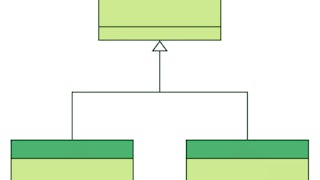 Status: Free TrialFree TrialU
Status: Free TrialFree TrialUUniversity of Alberta
Skills you'll gain: Object Oriented Design, Unified Modeling Language, Software Design, Object Oriented Programming (OOP), Java, Software Architecture, Technical Design, Conceptual Design
4.7·Rating, 4.7 out of 5 stars2.4K reviewsIntermediate · Course · 1 - 4 Weeks
 Status: Free TrialFree TrialU
Status: Free TrialFree TrialUUniversity of Alberta
Skills you'll gain: Software Architecture, Model View Controller, Unified Modeling Language, Object Oriented Design, Service Oriented Architecture, API Design, Systems Architecture, Web Services, Software Design Patterns, Software Design, Simple Object Access Protocol (SOAP), Microservices, Restful API, Software Design Documents, Software Visualization, Code Review, Solution Architecture, Object Oriented Programming (OOP), Software Development, Java
4.6·Rating, 4.6 out of 5 stars4K reviewsBeginner · Specialization · 3 - 6 Months
 I
IIllinois Institute of Technology
Skills you'll gain: Industrial and Organizational Psychology, Infrastructure As A Service (IaaS), Data Storytelling, Cloud-Native Computing, Serverless Computing, Javascript and jQuery, Network Troubleshooting, Database Management Systems, Time Series Analysis and Forecasting, Open Source Technology, Project Scoping, Networking Hardware, Virtualization, Unified Modeling Language, Cybersecurity, Cloud Security, Computer Hardware, Design Thinking, Team Oriented, DevSecOps
Earn a degree
Degree · 1 - 4 Years
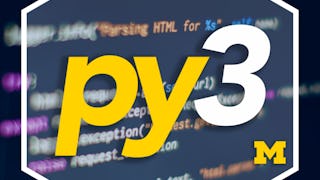 Status: Free TrialFree TrialU
Status: Free TrialFree TrialUUniversity of Michigan
Skills you'll gain: Unified Modeling Language, JSON, Object Oriented Programming (OOP), Software Design, Debugging, Object Oriented Design, Data Processing, Web Scraping, Unit Testing, Programming Principles, Python Programming, Data Import/Export, Restful API, Image Analysis, Data Manipulation, Jupyter, Computer Programming, Data Structures, Software Engineering, File Management
4.8·Rating, 4.8 out of 5 stars23K reviewsBeginner · Specialization · 3 - 6 Months
What brings you to Coursera today?
 Status: Free TrialFree TrialU
Status: Free TrialFree TrialUUniversity of Colorado System
Skills you'll gain: Requirements Elicitation, Software Design Documents, Requirements Analysis, Security Requirements Analysis, Mockups, Interviewing Skills, User Requirements Documents, Storyboarding, Functional Requirement, Goal Setting, Software Development Methodologies, Software Documentation, Agile Methodology, Business Requirements, Unified Modeling Language, Risk Management Framework, System Requirements, Meeting Facilitation, Prototyping, Software Development Life Cycle
4.5·Rating, 4.5 out of 5 stars852 reviewsBeginner · Specialization · 3 - 6 Months
 Status: Free TrialFree TrialU
Status: Free TrialFree TrialUUniversity of Alberta
Skills you'll gain: Software Architecture, Unified Modeling Language, Systems Architecture, Software Design, Software Design Documents, Software Visualization, Solution Architecture, Software Development, Software Documentation, Software Design Patterns, Enterprise Architecture, Maintainability, Scalability, Databases
4.5·Rating, 4.5 out of 5 stars934 reviewsIntermediate · Course · 1 - 4 Weeks
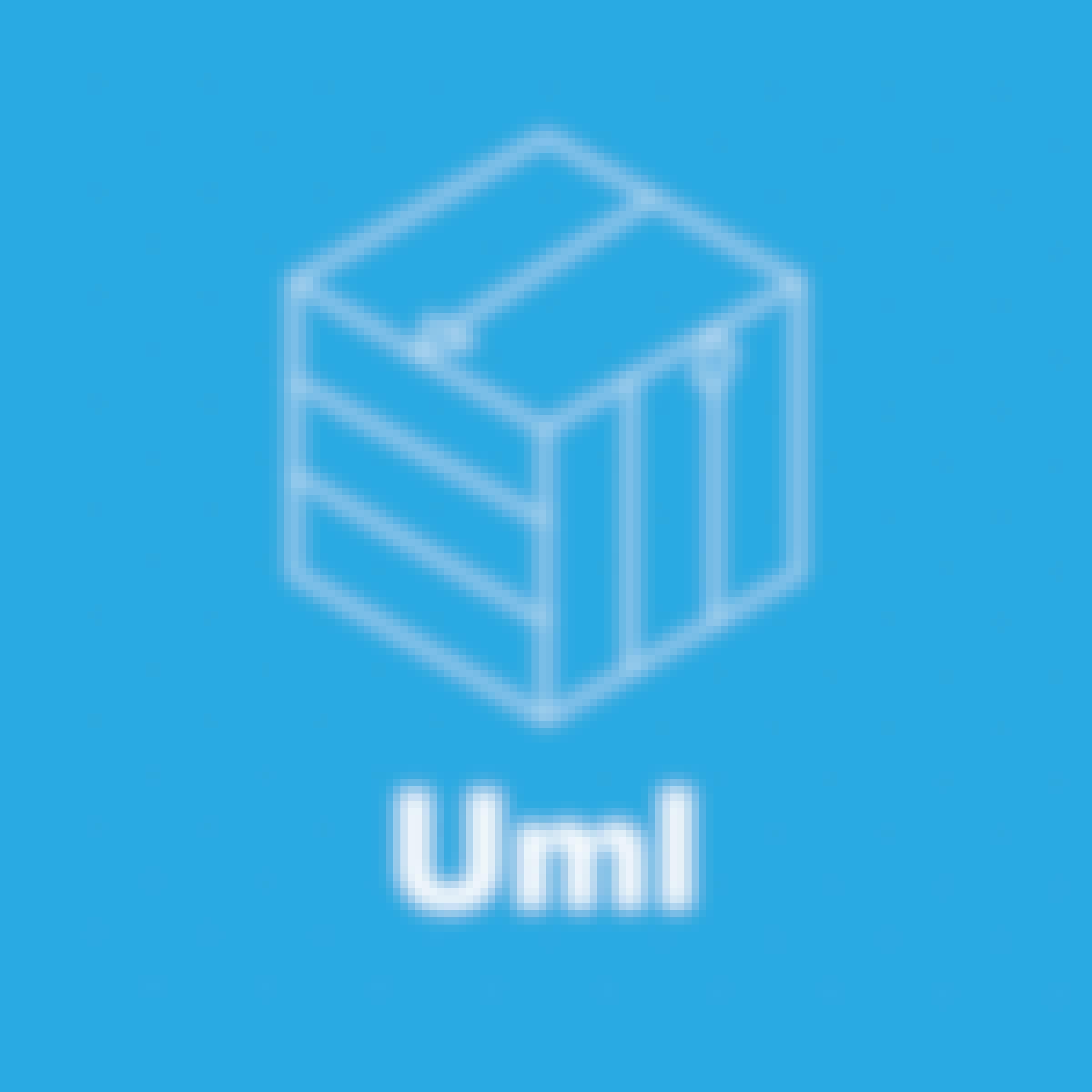 Status: PreviewPreviewU
Status: PreviewPreviewUUniversidad de los Andes
Skills you'll gain: Unified Modeling Language, Software Visualization, Software Design, Object Oriented Design, Software Engineering, Requirements Analysis
4.8·Rating, 4.8 out of 5 stars147 reviewsBeginner · Course · 1 - 3 Months
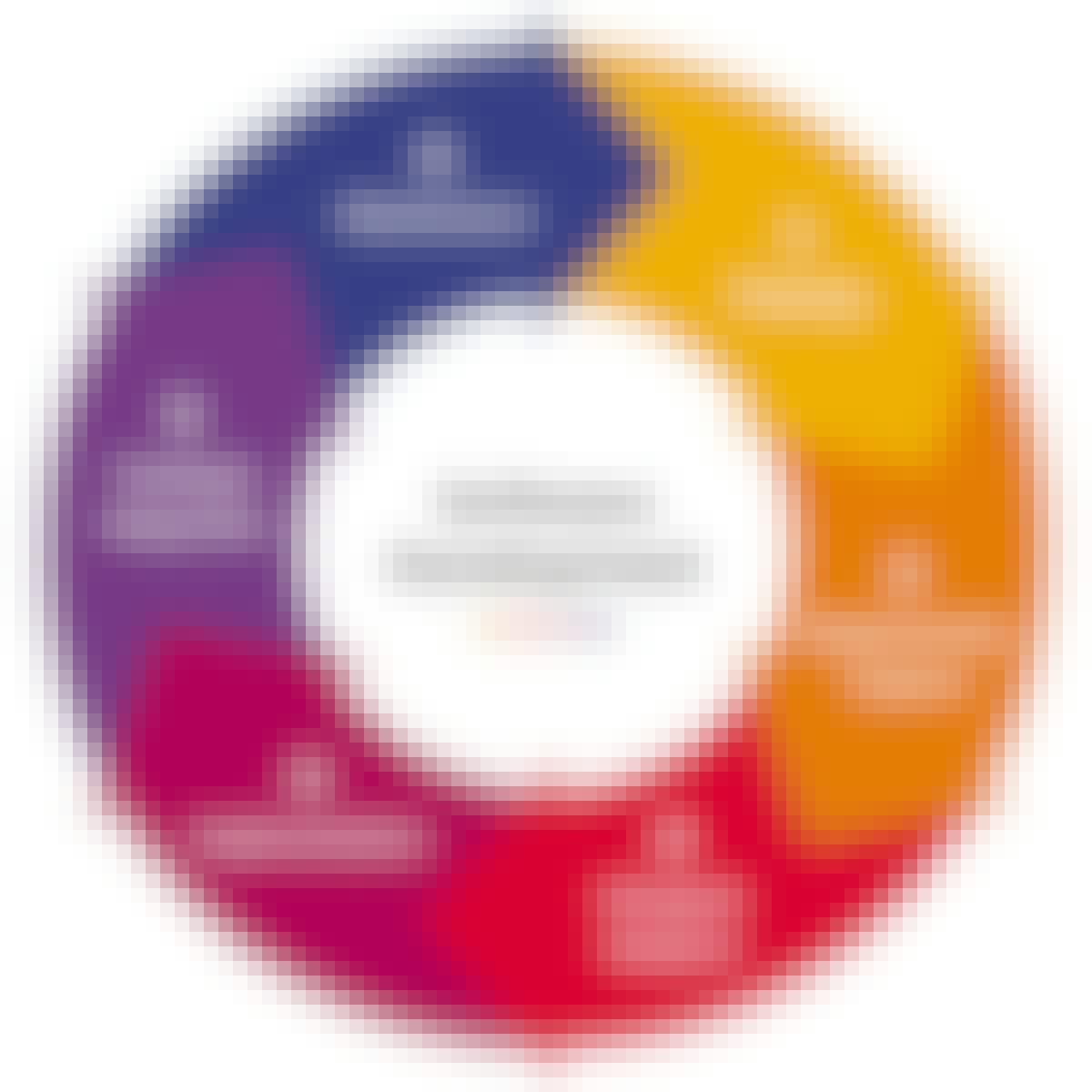 Status: Free TrialFree TrialT
Status: Free TrialFree TrialTThe Hong Kong University of Science and Technology
Skills you'll gain: Software Design Patterns, Requirements Analysis, Systems Development Life Cycle, Software Architecture, Acceptance Testing, Software Development Methodologies, Unified Modeling Language, Software Development Life Cycle, Configuration Management, Software Quality Assurance, Debugging, Software Design, Software Engineering, Software Testing, Object Oriented Design, Functional Requirement, Data Modeling, Systems Design, Project Management, Project Planning
4.6·Rating, 4.6 out of 5 stars567 reviewsIntermediate · Specialization · 3 - 6 Months
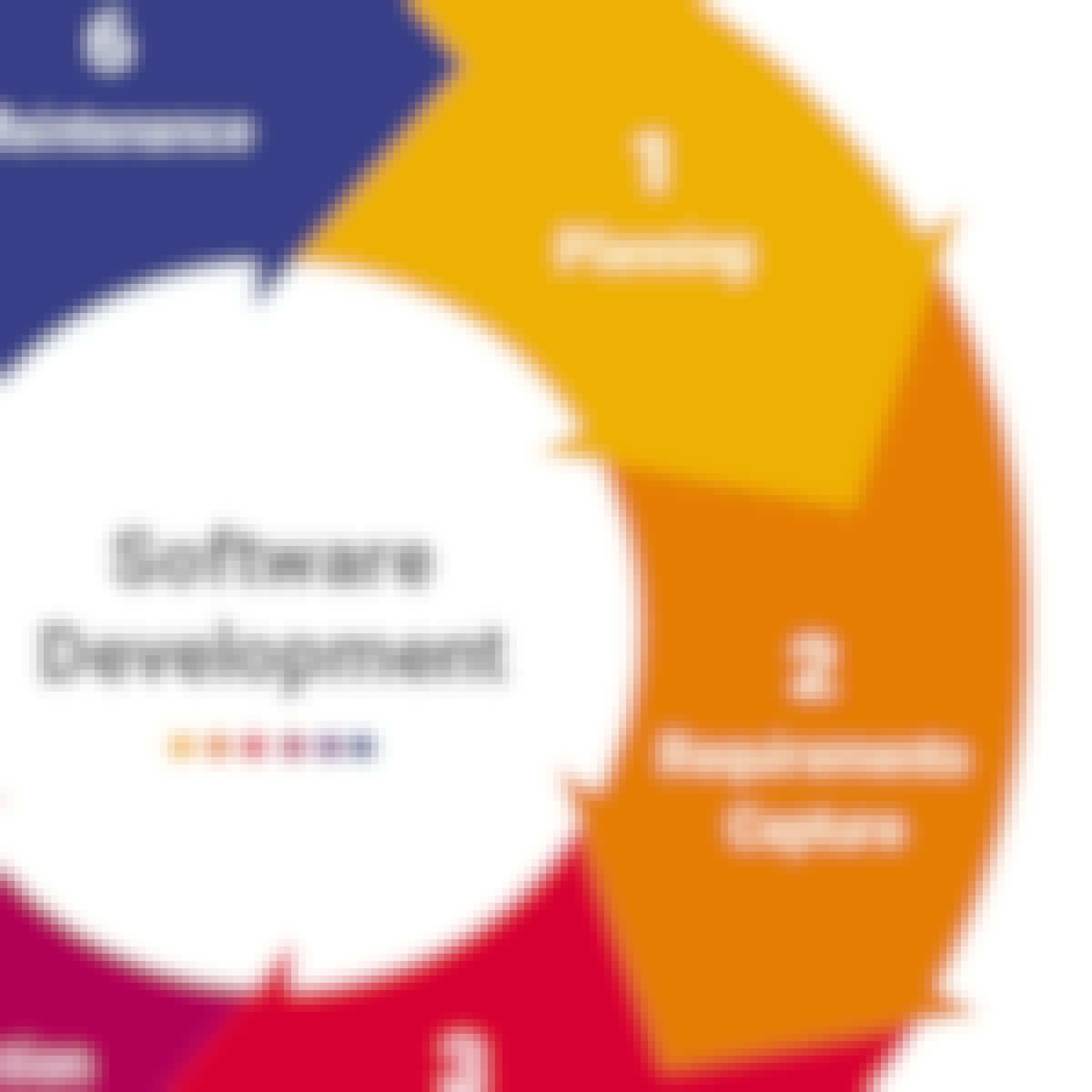 Status: Free TrialFree TrialT
Status: Free TrialFree TrialTThe Hong Kong University of Science and Technology
Skills you'll gain: Requirements Analysis, Unified Modeling Language, Object Oriented Design, Functional Requirement, Data Modeling, Object Oriented Programming (OOP), Systems Development Life Cycle, System Requirements, Software Development, Software Engineering, Software Systems, Project Planning, Project Management
4.6·Rating, 4.6 out of 5 stars334 reviewsIntermediate · Course · 1 - 3 Months
 Status: NewNewStatus: PreviewPreviewL
Status: NewNewStatus: PreviewPreviewLLearnQuest
Skills you'll gain: Agentic systems, System Design and Implementation, Artificial Intelligence, Solution Design, Unified Modeling Language, Solution Architecture, Performance Metric, Requirements Analysis, Performance Analysis, Workflow Management, Prototyping, Stakeholder Communications, Business Priorities, Benchmarking
Beginner · Course · 1 - 4 Weeks